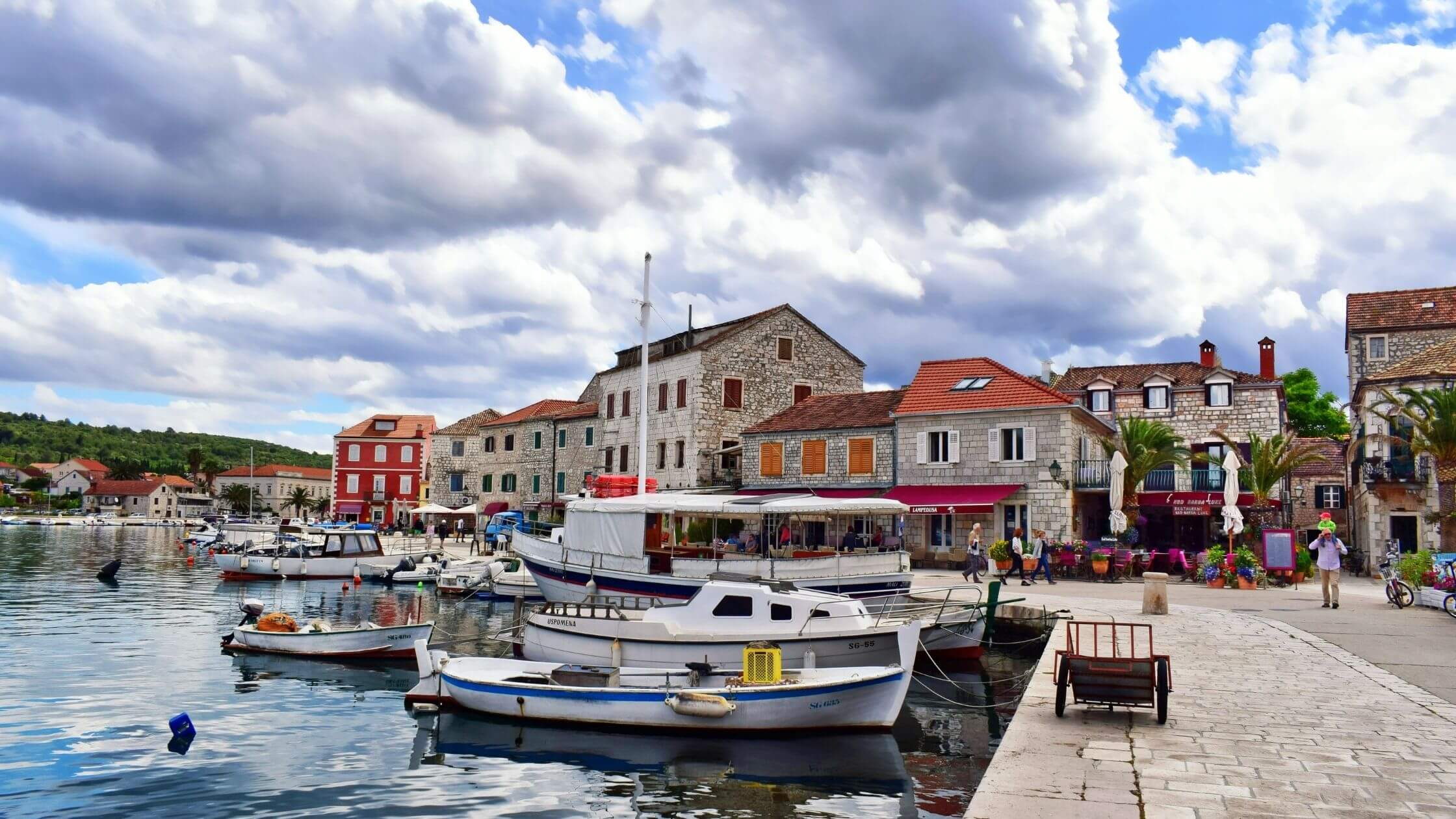Croatian bureaucracy is notorious for being a frustrating, anxiety-riddled process, where your confidence from reading countless “how-to” guides evaporates the moment you come face-to-face with any government official.
I’m sharing 5 pieces of advice that I wish someone had shared with me when we embarked on this journey.
Rather than a definitive “guide-to-something”, I hope it helps you better understand what you can come to expect as a 3rd country national when you undertake a bureaucratic process in Croatia.
1. Bureaucracy everywhere is tedious
If you think paperwork in Croatia is the absolute worst, the broader reality is that this pain point is not specific to Croatia. Bureaucracy, in general, is challenging, more so if you’re going through the process outside your home country, or in an unfamiliar language.
For instance, the time when I had to resubmit my Permanent Residency application to Immigration and Citizenship Canada. After months of collecting the voluminous documents needed for the application, they rolled out an entirely new system with new forms and requirements.
Or, when Parisian officials misplaced all my documents for l’Assurance Maladie after waiting 6 months, having to resend the entire dossier, before waiting another year to receive the equivalent of an HZZO card.
Even Sweden, so bureaucratically efficient you can file taxes via SMS, was prone to the occasional hiccup. Opening a bank account without a personal number (‘Personnummer’) was impossible, but at the same time, needing a bank account for a personal number was a wild game of chicken and egg.

Image: Pexels
2. Official information is often interpreted and executed independently from what’s written
Long story short, you can read, analyze, cite these regulations all you want down to the very letter, and still have things not go as planned.
Here’s one example from when we moved. According to MUP, I may be granted Temporary Residence under family reunification, “only if (my spouse) has had a continuous temporary residence permit for at least one year”.
Essentially, we had to live apart until his 1-year work anniversary in order to meet this requirement. Fast forward 11 months, we made the application and were subsequently told by officials that my spouse, as the main applicant, had to have been working for not one, but two years.
Fortunately, this was eventually resolved with some elbow grease, lots of patience, and a dear friend who doubled as a translator, but that’s a story for another day.
3. Seek anecdotal advice
Building from the previous point, I believe it’s best to seek advice from those who have successfully (or unsuccessfully) navigated the complex landscape.
Depending on which the most appropriate for your situation, reach out to expats, digital nomads, or retirees via social media groups, blogs, or websites. Don’t be afraid to ask for help!
This way, you get a first-hand account regarding the matter on hand and gain additional insights on living in Croatia in general. The one you’ll hear a lot around here is how Croatia, and Split specifically, is a different world during the Summer and Winter months.
As an added bonus, the services they may recommend (e.g. attorney, accountant, translator) are also more likely to be familiar with your specific situation and requirements involved.
A heads-up though that going the professional services route will not guarantee a positive outcome, nor will it hasten processing times.

Image: Pexels.
4. Be prepared to wait
Processing times will likely vary depending on what visa you’ve applied for but typically, from submission of documents to obtaining your Temporary Residence Card can be around 3-4 months. I’ve even heard of 6–8-month processing times.
Adding to this extended waiting period is that there is no way to track your application progress. A couple of days after submitting all your documents, you may receive an email confirming the application has been received.
Thereafter, it may be a month or more before you hear back from an official.
You can reach out directly to your MUP via phone or email, or through your attorney (who will likely also email or call them on your behalf) but getting a firm response on the progress of your application is unlikely.
The good news is that you’re allowed to stay and travel within Croatia while your Visa application is in process, so take this time to savor and explore.
5. Change happens quickly
Finally, the bureaucratic landscape in Croatia has undergone quite a few changes in the last few years. A process that worked for someone before, may no longer work today and vice versa.
For example, the fact that Croatia introduced a Digital Nomad Visa is a significant way forward for 3rd country nationals to stay for a longer term in Croatia which was not a viable option when we moved in 2018.
On the flip side, even with the first applicant approved in January 2021, there were still numerous uncertainties over what kind of health coverage was needed for applicants, the threshold for proof of income, or whether they would have to pay local taxes.
The requirements for healthcare (i.e. HZZO) were only finalized mid-February 2021, while proof of sufficient income significantly increased between the beginning of February 2021 and the end of February 2021.
That being said, we will always try our best to give you the most accurate, updated information when we can.

Harbour in Croatia. Image: Pexels
It seems difficult, why should we go through with this?
Well, it’s like asking someone, why does (something) make you happy?
It’s such a highly subjective feeling that is an amalgamation of situations, contexts, and interactions that makes life here really gratifying, in spite of the bureaucratic uncertainties.
All I can say is keep an open mind, come, see and experience living here for yourselves.
For more, check out our lifestyle section.











